We recently ran the next in our Virtual Networking Series, which brought together five Finance Directors from organisations based in the East of Scotland. The FDs were from a range of sectors including; Education, Third Sector, Tourism, Energy and Construction. The conversation opened with a discussion as to how each business is handling the current challenges, and moved on to running operations through to post lockdown plans, finishing on a discussion around some of the opportunities that this current situation has created.
Current challenges include a drop in income for many of the businesses represented on the call. Responses to this have included preparing business cases to the government for either loan funding or grant funding if possible. For most businesses represented, it has meant significant re-forecasting and re-budgeting.
It has not all been negative however, with one attendee able to present a more favourable budgetary position due the cancellation of off-site conferences and meetings. Another business represented has created a fund for vulnerable customers and have managed to raise £50,000 through donations from other customers or staff.
Other challenges raised included that working from home can lead to staff members feeling less connected to their organisation. This has been highlighted as a potential retention risk. Some of the finance teams are starting to see the return of furloughed employees, a few at a time, but with one raising a concern about some of these employees feeling some resentment around having been furloughed in the first place. Other challenges have been debt recovery with key contacts in suppliers being on furlough adding to the problem of collection and also some staff not being able to work full hours due to care responsibilities.
Almost everyone on the call had started planning for coming out of lockdown with the view that there may be some form of return to the office during Phase 3. Working closely with the Unions there is a formal risk assessment to ensure that any return to the office happens as safely as possible. As part of these plans in some organisations there has been Perspex fitted around individual desks, a one way corridor system put in place, the use of airport style stretch belt barriers for exiting rooms and entering into corridors, and the prioritisation of the staff members that need to be back in the office.
The return of staff will be prioritised by not just what job they do but also will take into account staff members whose working from home conditions are unsuitable. The plans for returning to the office include taking baby steps at first with staff members only working one or two days a week in the office with some expecting that their offices will only have 25% occupancy initially.
The discussion finished on an optimistic note as most on the call have recognised that lockdown has allowed a period of reflection on working practices and what can be improved in the future, such as implementing more flexible working and working from home into our future daily working lives. Working from home has required there to be changes in finance processes that will now be kept going forward. There have been reflections on how businesses have responded to the crisis and anything that can be learnt from this. Finally there have been leaders who have used this time for ‘blue sky thinking’ and have been asking their staff more for ideas on how to adapt and respond during this exceptional period of change.
Hopefully there are parts of this discussion that can be helpful to each other as we all navigate our way through the easing of lockdown. If you are interested in joining future Virtual Networking events please get in touch by emailing [email protected].







